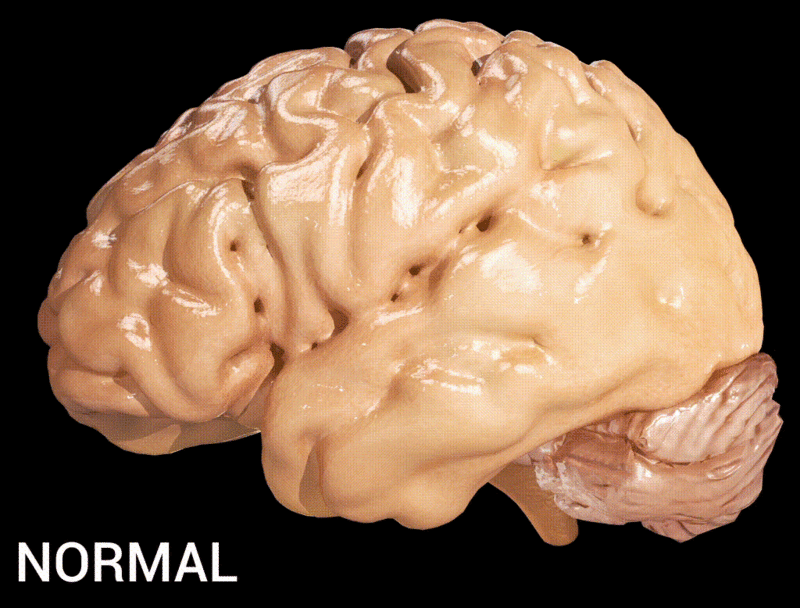Attachments
Note: Not all attachments are visible to the general public. Research URLs will go live after the embargo ends.

Journal/
conference: JAMA Neurology
conference: JAMA Neurology
Research:Paper
Organisation/s:
Eli Lilly and Company, USA
Funder:
This study was sponsored by Eli
Lilly and Company.



 International
International


